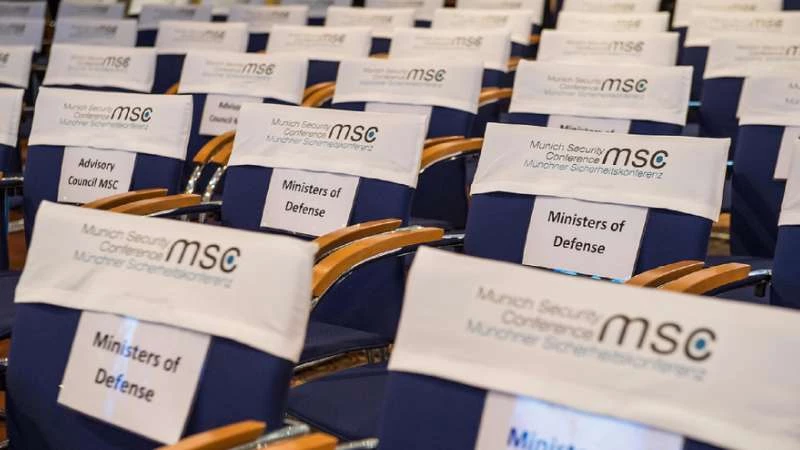The credo of this year’s approach can be summarized best with what the new United Nations Secretary General Antonio Guterres said in his speech on Saturday: “Peace in Syria is only possible when none of the parties think they can win,” adding “we are not there yet.”
What a nonsensical aggravation of the empty “no military solution” slogan, shaped by Western politicians over the past couple of years!
Since Russia joined the war in September 2015 and Iran boosted its military engagement, the Assad regime is heading towards a (military) victory than ever before. The fall of Aleppo after months of nonstop war crimes by the pro-regime alliance assured its participants that “they can win.” Guterres’ statement “we are not there yet” seems to be a euphemism for “we are further away than ever from there.”
Guterres also called for “a politically inclusive solution” for Syria to end the war. Another nonstarter as there is no one in the world pressuring Assad and his allies to compromise on any political issues. The utter opposite happens in Syria. Assad’s solution is not “inclusive” but “exclusive” in the truest sense of the word. Millions of Syrians were “excluded” from their homes, 4.8 millions pushed outside the country. And as long as the UN call complete ethnic cleansing/mass displacement campaigns like in Wadi Barada “an agreement between the government and the opposition,” it should be the last to speak of inclusive solutions.
Beyond that, Syria is mainly discussed at the MSC 2017 through the lens of “fighting terrorism". French Foreign Minister Jean-Marc Ayrault rightfully noted that Syria is “a breeding ground for terrorism.” At the same time, the formula of “fighting ISIS and Nusra” has proven to be widely inconclusive over the past years. Still, there seems to be no realignment in that policy which would touch upon the core reason of Islamist extremists groups, still being popular among the local population and Muslims around the world: Sectarian governments and Iran, extending its influence over multiple Arab countries.
The US presented the prospect of sending ground troops to northern Syria to support the Kurdish-dominated SDF against ISIS, something Iran’s Foreign Minister Javad Zarif strongly rejected as another “occupation” in the Middle East. It remains to be seen if the US is serious on the plan and what Iran’s reaction would be. If it really happens, the dynamics in Syria’s complicated mélange would make consequences on the ground truly unforeseeable.
Last but not least, the MSC 2017 offered a small glimpse of hope for Syria. Western countries, including the US, vowed to not engage with Russia when it comes to “fighting terrorism” in Syria. The Kremlin’s campaign of extermination in Aleppo and beyond was too visible, thanks to intensive media coverage of its war crimes in Syria. Europe and the US have realized that terrorism is only a pretense Russia uses to justify its power maintaining and deliberately destabilizing policies, mainly aimed at the West. It remains to be seen how long this attitude persists among Western countries and if they stand strong on the issue while regional powers around Syria increasingly engage in military cooperation with the Kremlin.
-------------------------------------------------
Julian Röpcke is a newspaper editor and political commentator, based in the German capital, Berlin. With a degree in Political Geography and Sociology, Mr. Röpcke started analyzing geopolitical conflicts after the US-led invasion of Iraq in 2003. He covered the “Arab Spring” as well as the evolving conflicts in Syria and Ukraine from their very beginning. Julian Röpcke works for BILD, the largest newspaper and leading online news portal in Germany (@JulianRoepcke).



التعليقات (0)